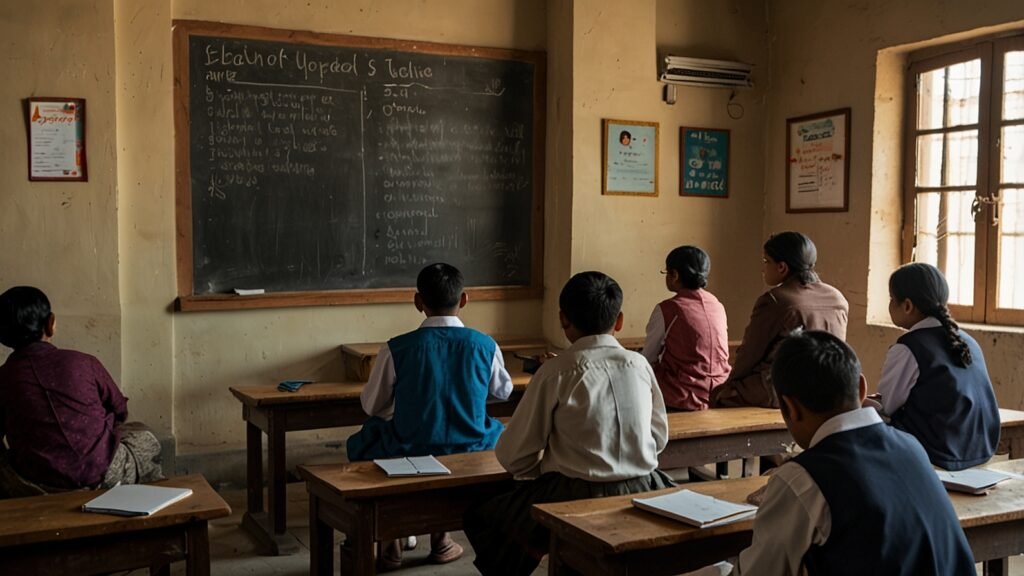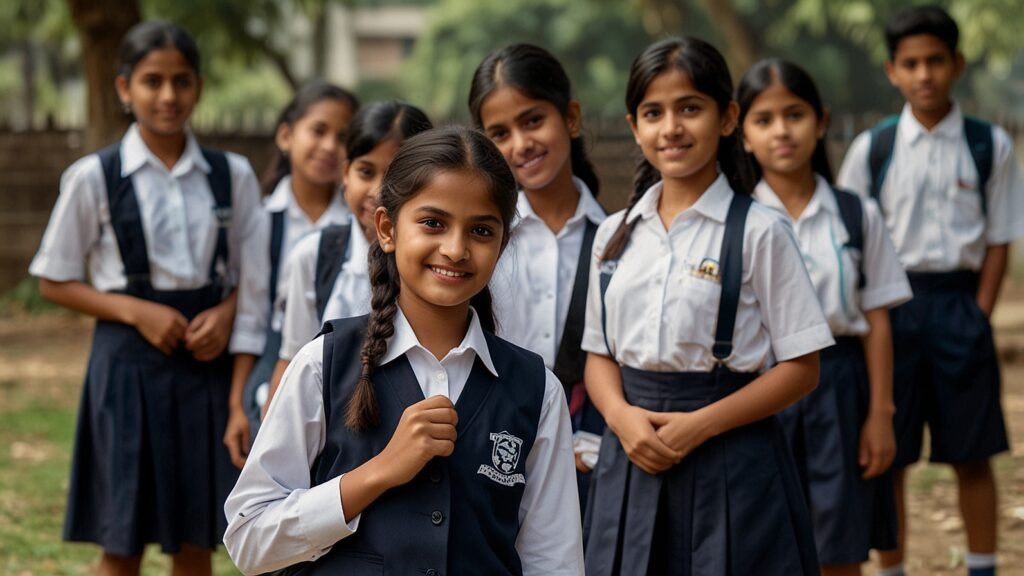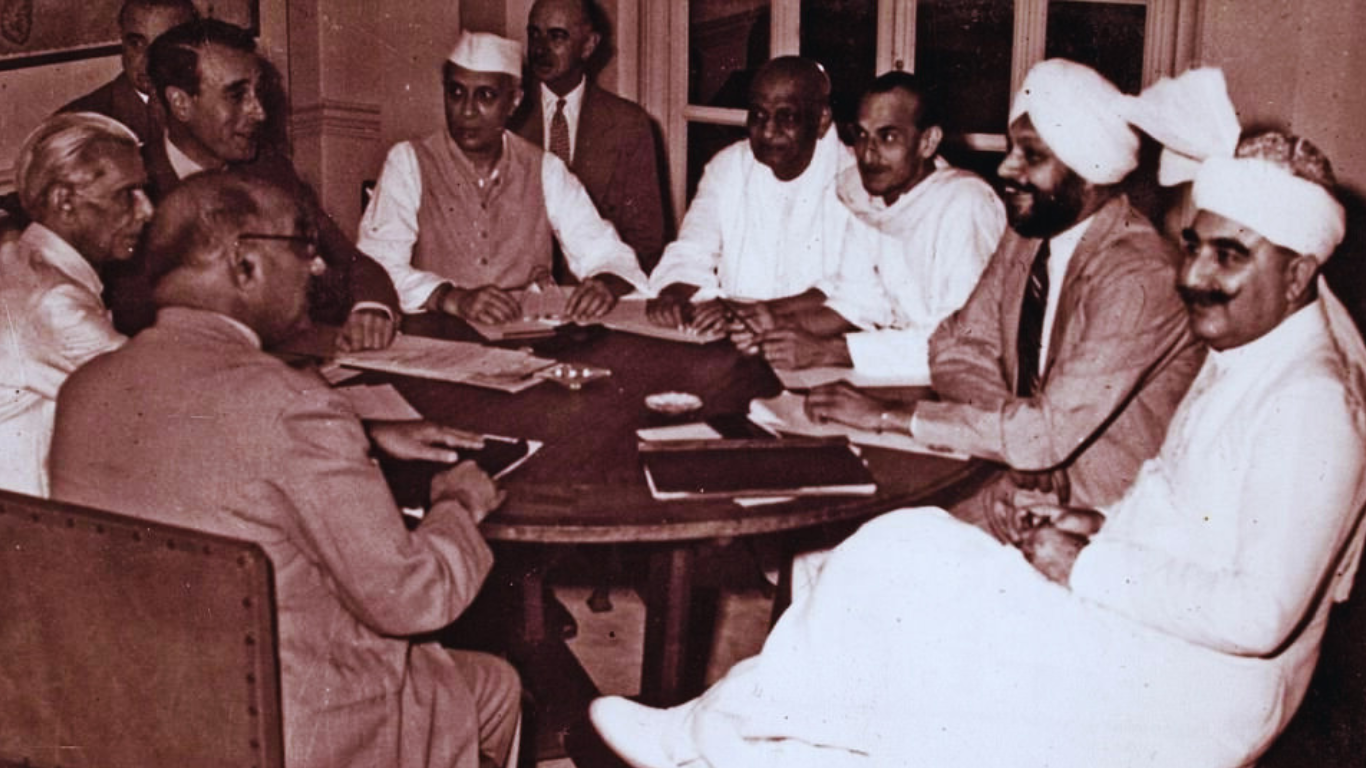Schooling System in India
India, with its rich social legacy and history, has for a long time been a middle for learning and information.
From past periods, when Nalanda and Takshashila pulled in experts from any place the world, to the continuous day, where India shows a tangled and different schooling system, planning plays had a focal impact in the improvement of the country.
Today, India’s school system is one of the best on the planet, taking remarkable thought of millions of understudies across different levels and streams.
This article gives an overall evaluation of the Indian schooling system, investigating its arrangement, assets, challenges, and propelling changes.
It correspondingly plunges into the gig of headway, the importance of mentoring in Indian culture, and how India is organizing itself in the by and large illuminating scene.
Advancement of the Planning System in India

The Indian schooling system is facilitated into two or three phases, each filling a conspicuous need in a youngster’s overall turn of events.
The central degrees of coaching in India combine pre-basic, principal, partner, and significant level preparation.
Pre-Crucial Education
Pre-crucial mentoring in India routinely covers adolescents created between 3 to 6 years and is customarily segregated into nursery, lower kindergarten (LKG), and upper kindergarten (UKG).
At any rate not necessary, this stage is fundamental for youth movement, zeroing in on the extensive headway of young people through play, social alliance, and essential arrangement.
Different non-state subsidized schools and government drives like the Anganwadi programs give pre-major arrangement.
Central Education
Central planning, which goes from Grade 1 to Grade 5, is the premise of a youngster’s coaching in India. It is major and covers kids from ages 6 to 11.
The enlightening project bases on crucial ability and numeracy limits, as well as expected evaluations and moral direction.

The part of heading can move, with schools offering getting ready in local vernaculars, Hindi, or English.
The public authority has executed different exercises to work on the quality and availability of key arrangement, for example, the Early evening Dinner Plan, which connects with school speculation by giving free goodies.
Upper Basic Education
Upper basic mentoring, which solidifies Grades 6 to 8, fosters the establishment laid in the central years.
It covers understudies created 11 to 14 and presents additional amazing subjects, including math, science, social assessments, and dialects.
This stage means to energize unequivocal reasoning, conclusive thinking abilities, and a more noteworthy impression of the world. The informational course of action is intended to get ready understudies for the difficulties of right hand arrangement.
Right hand Education
Right hand readiness in India is partitioned into two phases: lower optional (Grades 9 and 10) and higher optional (Grades 11 and 12).
This level covers understudies from ages 14 to 18 and is an essential stage in an understudy’s edifying outing.
Lower Optional Direction (Grades 9 and 10)
During these years, understudies are acquainted with a more serious instructive informational game plan, with subjects like math, science, social assessments, and vernaculars being required.
Near the finish of Grade 10, understudies take the Optional School Affirmation (SSC) or undefined board assessment, which anticipates a basic part in picking their future sagacious ways.
Higher Optional Planning (Grades 11 and 12)
At this stage, understudies routinely pick a stream considering their propensities and business needs.
The three standards are Science, Business, and Humanities (Explanations).
The decision of stream closes the subjects they study, as real science, science, and science for Science; financial perspectives, bookkeeping, and business examines up for Trade; and history, political speculation, and social science for Humanities.
The higher optional assessment, typically proposed as the twelfth board tests, is an enormous achievement, as it impacts school confirmations and future calling possibilities.

